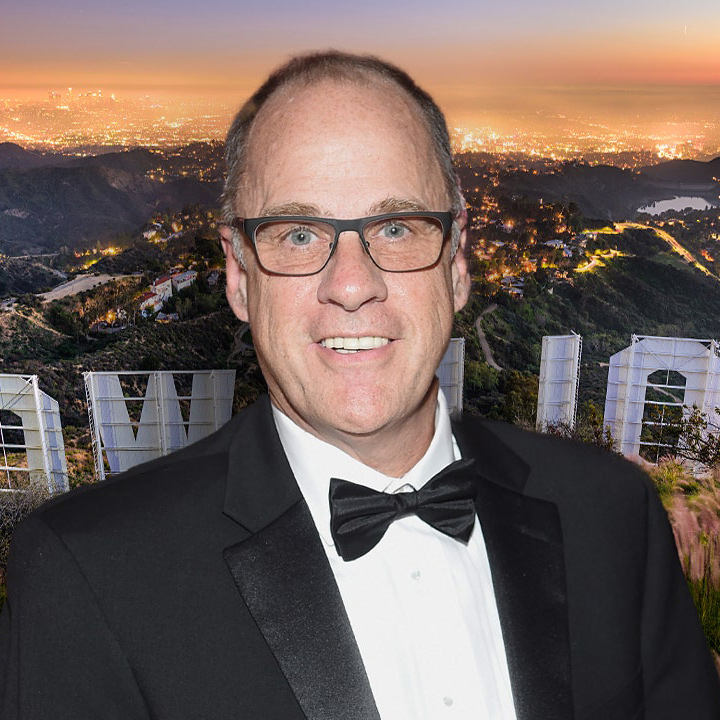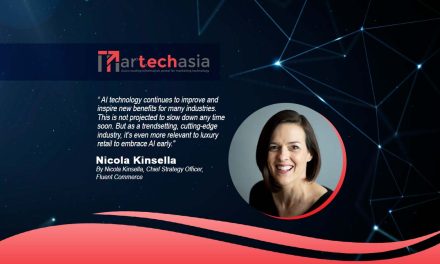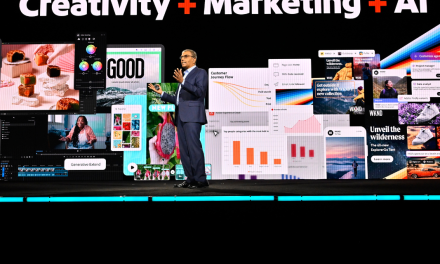Ted Farnsworth, Co-Founder of ZASH Global Media and Entertainment Corporation, shares his thoughts on the decline of influencer marketing and organic growth and the challenges of analysing social media performance.
The Covid-19 pandemic has changed the rules of the game in most spheres of business. Influencer marketing that was once ruled by celebrities faded away during the pandemic. The new trend of ‘micro influencers’ has replaced it. This turned out to be powerful in many ways in enabling the reach of businesses to the masses.
On the other hand, AI and ML are opening up new avenues for social media marketing. However, such new opportunities bring new challenges too. Privacy is one of them. With more and more data being generated every second, the chances to serve users in an increasingly personalised way surely will strengthen but how does companies store and use their data while following the laws of the land will remain a question of concern.
Discussing this and more with us is Ted Farnsworth, Co-Founder of ZASH Global Media and Entertainment Corporation, which is an evolving network of synergetic companies working together to disrupt the media and entertainment industry. Ted is known in the movie industry as an innovator who has worked with some of the biggest names in show business. An expert in strategic development, marketing, public relations and consumer behaviour, Ted has utilised his skills to build many successful companies throughout his 35-year career.

What are the trends you foresee in the social media marketing segment?
I see User Generated Content, UGC. This will be the fastest growing segment out there. Also, I see that all new creators will be discovered in this segment. Whether it is singing, dancing, or cooking, this will be the new trend in how people are discovered.
What challenges and opportunities technologies like AI and ML bring to social media marketing?
Challenges with AI would be privacy, for sure. How do you keep the customers’ privacy (intact) with artificial intelligence where there is constant mining (a constant chipping away at weak points to break into people’s privacy). On the other hand, the more information and data you collect through AI, the better and more effective your reach can be in terms of content you are trying to get out (target market), ultimately creating greater efficiencies. With machine learning, there are opportunities giving them much larger curation of how to learn to do things from around the world. UGC will be used in a manner where you can curate at a global level and push it to a local level.
Influencer marketing is hit by the pandemic and the subsequent lockdowns. How do you see the future growth of this segment?
We think that the high-end influencers of the world, like the Justin Beibers and Kim Kardashians of the world, are fading away and the micro influencer is really becoming a force to reckon with. This means, people with followers of less than 100,000 have a much broader reach. Research shows they are 7 times more powerful with their followers than the big influencers.
With growing data privacy concerns and new rules coming into play, how is this going to impact social media marketing?
The frantic race to go after social media platforms is more than a bit of a red herring. Although their plans have been pushed out, the major platforms will move to a cookieless environment (third party cookies). We see it differently. We see it as opportunistic. Oftentimes, advertisers will push a social media ad for their client after they have already purchased the product by doing a search. It has happened to you where you see an ad for competing products for days if not weeks after you are done looking at them and even finalised purchasing. That’s expensive! The good old-fashioned way is good enough: knowing the demographics and psychographics of the audience community and reaching out to them.
Analysing social media performance and measuring ROI have been two crucial challenges for both providers and customers. How will technologies help fulfill this need and gap existing in the industry?
The issue is not the gap; it’s the nexus. Social media users are yearning to know they are heard, and content providers are needing to know that their ideas have a following. This alignment may be perceived, but normally they exist in separate worlds.
There are two main sets of technologies that strategic organisations must rely on to harness the value from social media and driving and measuring ROI. Zash has a data sciences group which mines the behaviour from social media like clicks and click throughs and A/B testing as well as social media traffic brought in from other advertising modalities. Indeed, we’ve been trying to get a better understanding of audience attitudes beyond simply behaviour. The other tool at our disposal is software that can purchase social media ads automatically based on behaviour learned from the data sciences group.
Organic reach is witnessing a downward graph. How is it impacting social media marketing? What strategies can companies undertake to ensure constant growth and accomplishment of their client’s goals?
Facebook has put a governor on Organic Reach because customers were, in fact, seeing a lot of repeated junk. You can overcome the Organic Reach problem by replacing that junk with quality posts. Indeed, high quality posts don’t need the kind of saturation marketing that existed previously (and expensively). ZASH is further benefited from having movie studios on contract that have their own allure and can drive interest, even with fewer views.
We agree about organic growth. One thing I have to say about Lomotif is it grew over the last couple of years with no marketing campaigns, no money, no influencers and turned out to be one of the top platforms in the world. That is because of all organic growth, which is fantastic because it is authentic. We see that as a big benefit to our followers as they want to be with us. To have a following that grows naturally is truly the best way if it can be achieved organically.



















